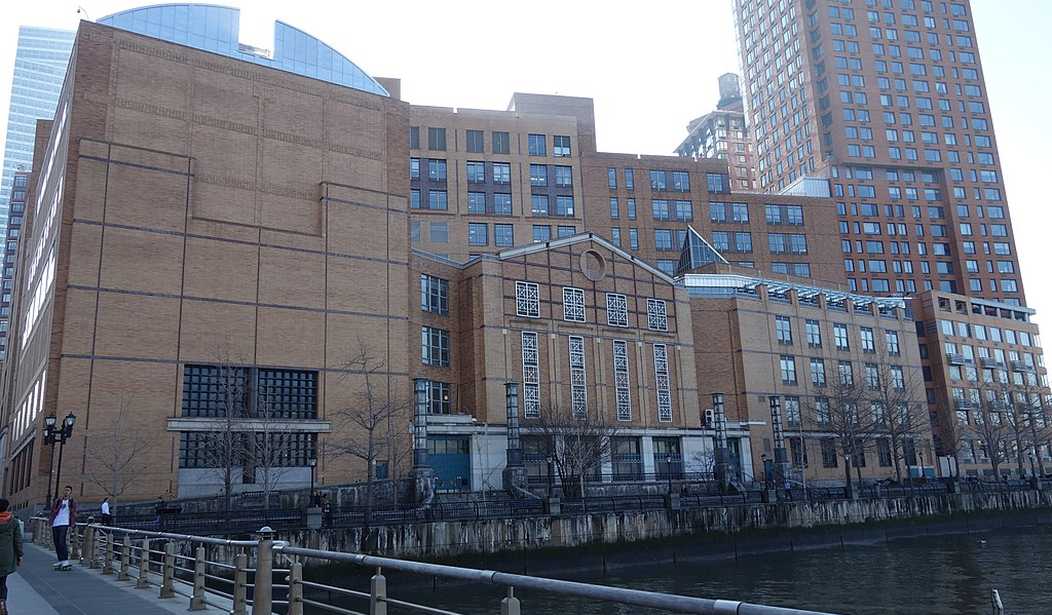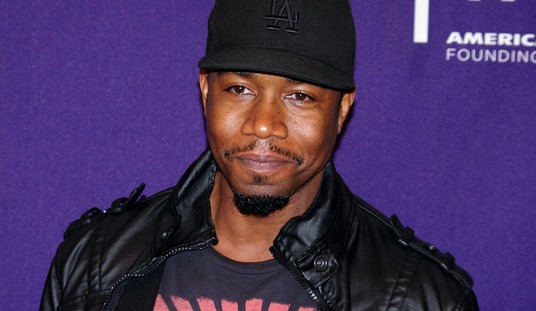Is there such a thing as a high school class that kids will volunteer to audit, just so they can learn something? New York City’s Stuyvesant High School has one.
According to The Villager, math teacher David Peng answered the call of one of his students and began teaching a one-semester course in personal finance. SHS is a STEM magnet school and, as the report says, “In a sea of AP Calculus and advanced and abstract algebra classes, personal finance has struck a chord with many students who say they want a practical class that offers real-life information.”
But the one-semester class has gone full-time because of “strong demand from students to make this a year-long course,” Peng said. Peng’s course has been such a hit that state lawmakers are considering making it mandatory, statewide.
What grabbed Peng’s eye in 2021 was an editorial in the school paper written by Anisha Singhal, who asked, “Calculus Before Checkbooks?” When Peng introduced the class in 2022, it was so popular that even Singhal ended up on a waitlist to get in.
The class covers mortgages, tax returns, student loans, and more. Singhal said that “If there was an empty seat in the class, students would come in and just listen.”
The only time that ever happened at my high school was during the driver’s ed class when they showed us films (filmy films on actual film) like “Blood on the Asphalt.”
I have a hypothesis about why the class has proven so popular, aside from the obvious part about money: there isn’t much room for insidious, divisive wokeness in a personal finance class. This isn’t history, where every lesson is a study in Marxist grievance culture about why this event or that “great” person ruined everything for everybody but especially for the kids in this classroom. It isn’t math, which is clearly racist because numbers were invented by white people — or maybe it was Arabs — but, anyway, Jews and Asians are really good at math because of racism, for sure.
But here’s a class taught by one guy who probably doesn’t have a whole lot of Department of Education-approved materials, teaching a subject everybody cares deeply about: their own money.
Recommended: Massive Bank Failures Just Keep Piling Up
There’s another angle, too. Most teenagers I know have highly attuned BS detectors. Kids’ attitudes towards our postmodern, woke education system can probably be best described with one (not very) subtle change to that famous Aleksandr Solzhenitsyn quote about life under Soviet rule:
We know that they are not teaching, they know that they are not teaching, they even know that we know they are not teaching, we also know that they know we know they are not teaching too, they of course know that we certainly know they know we know they are not teaching too as well, but they are still not teaching.
Those high-pitched sounds you hear emanating from classrooms all across America are teenage BS detectors pinging away like radar stations during the Battle of Britain.
Quite a few kids buy into the BS, officially anyway, for the same reason that ambitious Soviet teens joined the Party: paying lip service was an even surer way to get ahead than paying their Party dues. Mostly, though, from what I’ve seen, high school kids put in their time as tuned out as possible.
My elder son is a good example. Smart kid: sharp, quick, observant, and funny. But he’s no scholar and, while I never admit to agreeing with him, he’s right when he complains that too much of high school is so much BS. I’m working hard in an unofficial capacity to make up for his school’s deficiencies — and he goes to a really good school.
But it was just a few weeks ago that he was telling me he wished he had a class exactly like the one David Peng teaches at Stuyvesant High School.
There’s no question in my mind that more schools — every school — ought to teach personal finance. It’s my hope that, if you can get kids that deeply interested in one subject, they’ll gain interest in others.
But I do have one question, and I’m leaving this one out there for the genius of the Hive Mind in our VIP comments section: what other classes should high schools teach that they either never did or no longer do?










Join the conversation as a VIP Member